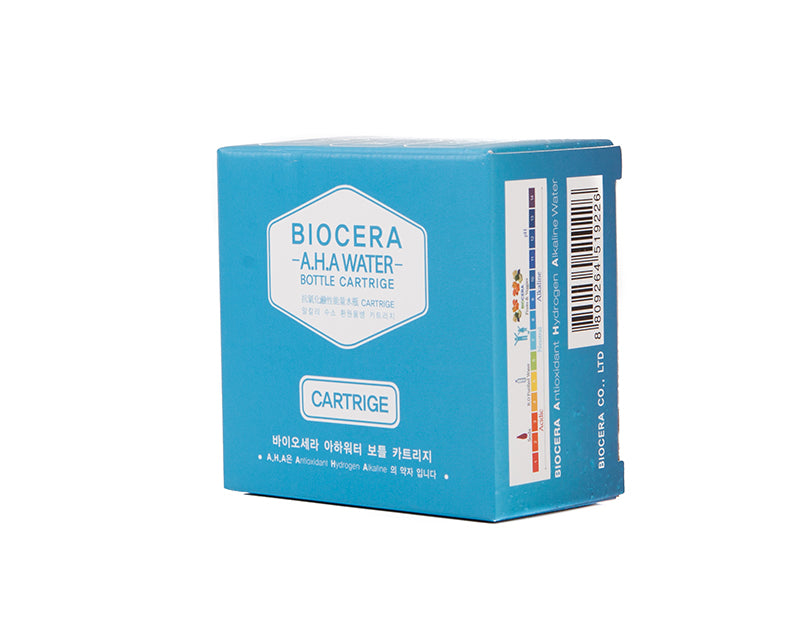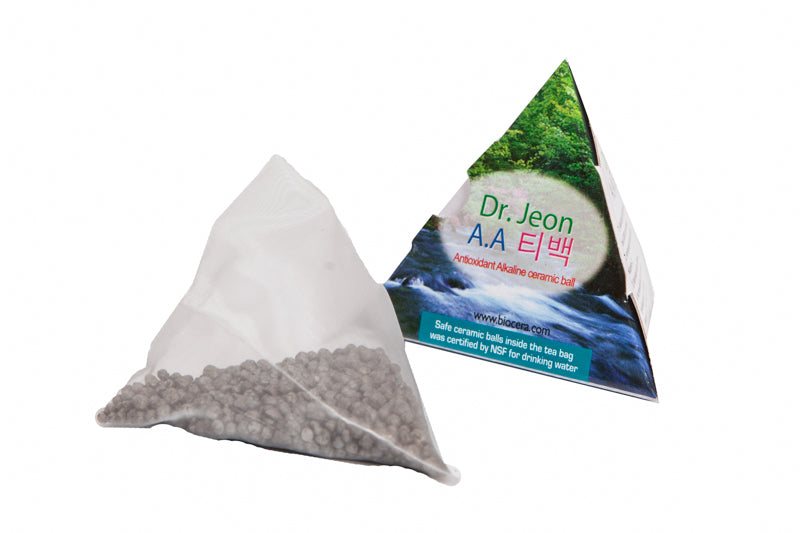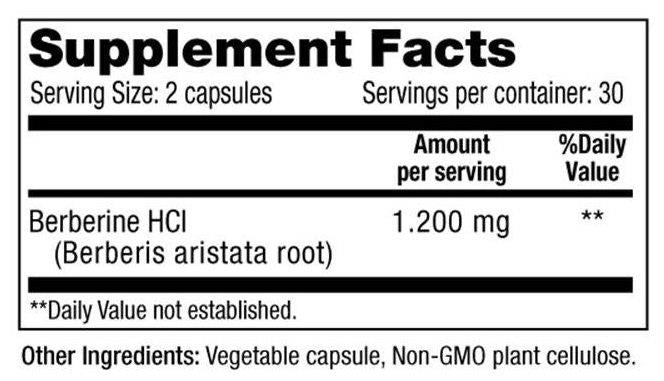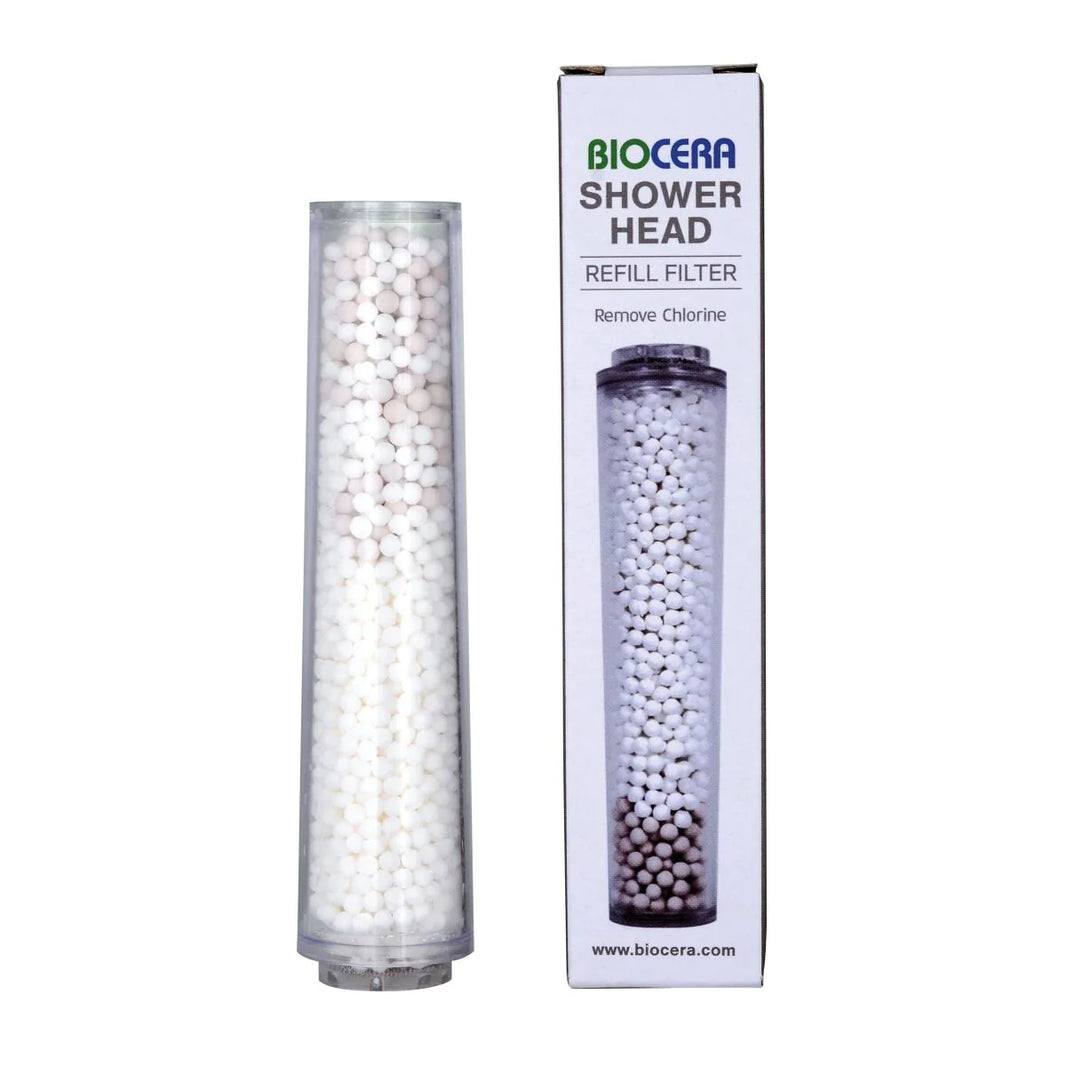What exactly is Glyphosate?
You’ve most likely heard of this very popular broad-spectrum herbicide many times and not actually realised what it was.
Remember the stuff your mother held in such high esteem for killing those nasty garden weeds? Yeap, that’s Glyphosate, or ‘Roundup’ as it’s more commonly known.
First introduced in the 1970s, this popular herbicide used globally, works by inhibiting an enzyme pathway essential for plant growth, ultimately leading to the death of the targeted plants.
Glyphosate is primarily used in agriculture, forestry, and landscaping, as well as for weed control in gardens and residential areas. It is also employed in non-agricultural settings such as railways, roadsides, and industrial areas.
Sounds pretty useful, right? At the end of the day, it kills those unwanted weeds, so what's not to like?
Well maybe, but before you go rushing out to dose your driveway or backyard patio you may want to consider the potential drawbacks associated with this controversial weed killer.
In this article, we will delve into the research surrounding glyphosate and explore the potential risks it poses to our well-being.

Main uses of Glyphosate and how it works
Herbicide
Glyphosate is a broad-spectrum herbicide used to kill most broadleaf plants within a certain area.
It gets absorbed into the plants primarily through their leaves, with small amounts being absorbed into the roots. Consequently, glyphosate is actually only effective at killing growing weeds and grass. It cannot stop seeds from germinating in the first place.
Once it is absorbed into the plant structure, glyphosate spreads all around the plant—to its roots and leaves—and prevents it from making proteins that are necessary for its growth. This is what ends up killing the plants
Crop Desiccant
Glyphosate is often used by farmers as an effective desiccant to dry out crops like wheat and oats before they are harvested.
However, even though glyphosate is not a true desiccant it does still function in the same way killing the plants enabling their food portions to dry out faster than they usually would.
This ensures a speedy harvest process and increases the overall harvest yield.
The Glyphosate controversy
In today's world, where concerns about the safety of the products we use and the impact they have on our health are on the rise, glyphosate has emerged as a hot topic of debate.
The use of glyphosate has been surrounded by controversy, particularly regarding its potential impact on human health.
Research and regulatory agencies have conducted studies to evaluate its safety and have arrived at different conclusions regarding its potential risks.
Some concerns have been raised about possible associations between glyphosate exposure and certain health issues, including cancer, reproductive problems, and disruption of the endocrine system.
Regulatory bodies worldwide continue to assess and monitor the safety of glyphosate and set limits on its usage to mitigate potential risks.
Potential health risks of Glyphosate
Cancer Concerns
One of the most significant concerns associated with glyphosate is its potential link to cancer.
The World Health Organization's International Agency for Research on Cancer (IARC) classified glyphosate as a probable human carcinogen in 2015, sparking controversy and raising alarm bells around the world.
While some studies have supported this classification, others have found no definitive evidence of a causal relationship between glyphosate and cancer.
Nonetheless, the debate continues, urging researchers and regulatory agencies to explore this critical issue further. (1)
Endocrine Disruption and Reproductive Health
Apart from cancer concerns, glyphosate is also believed to be involved in the disruption of the endocrine system, which regulates crucial hormonal functions in the body.
Studies on animals have suggested that glyphosate exposure may lead to hormonal imbalances, however, more research is needed to establish the extent of these effects on human health and whether they occur at typical exposure levels. (2)
Reproductive Effects
Research has indicated that glyphosate may have adverse effects on reproductive health.
Animal studies have shown that glyphosate exposure can lead to reproductive problems, such as reduced fertility, abnormal sperm, and reproductive organ abnormalities.
However, further studies are needed to determine the extent of these effects on human reproductive health. (3)
Developmental Effects
Glyphosate exposure has also raised concerns about its potential impact on fetal and child development.
Some studies have suggested associations between glyphosate exposure during pregnancy and adverse birth outcomes, including preterm birth and low birth weight.
Additionally, there is evidence indicating that glyphosate may have neurotoxic effects, which could potentially affect children's cognitive development. (4,5,6,7,8)
Disruption of Gut Microbiome
Emerging research suggests that glyphosate could affect gut microbiome, the complex ecosystem of microorganisms living in our digestive system.
The disruption of gut microbiome has been associated with various health conditions, including:
- metabolic disorders
- immune system dysfunction
- mental health issues
Disrupting our delicate microbiome balance isn’t the only way that glyphosate can potentially impact the health of our gut.
Researchers have now linked glyphosate as one of the key contributors to leaky gut (an increase in intestinal permeability) often thought to be caused by gluten consumption.
It’s speculated that residual glyphosate left on wheat when harvested is the more likely culprit for bringing on leaky gut conditions rather than the wheat itself.
Maintaining a healthy gut is one of the key components of health and therefore the claims of implications caused by glyphosate should not be taken lightly.
But it’s important to note that research is ongoing to find out the full extent of these effects. (9,10)
Dr. Zach Bush “Every time you touch human cells with glyphosate it dissolves the communication between them.”

Food Safety
In recent years Glyphosate's impact on food safety has raised many concerns and generated significant debate.
Glyphosate residues are often found on various crops, including staple foods such as grains, fruits, and vegetables, due to its widespread use in agriculture.
But it’s most concerning when these residues are present in harvested crops that may potentially lead to health implications for consumers.
As glyphosate is applied to fields, it can be absorbed by plants and remain on their surfaces. This has led to instances of glyphosate detection in food products, sparking worries about its potential adverse effects on human health.
Regulatory agencies have set maximum residue limits (MRLs) for glyphosate in food products to mitigate health concerns, but there is ongoing debate about whether these limits are adequate to ensure long-term food safety. (11)
Secondly there is increasing concern of glyphosate in the environment and it leaching into water courses and then into water supplies. It is consequently advisable that people ensure their water filters remove glyphosate.
Furthermore, glyphosate's impact on soil health and microbial communities can indirectly affect food safety.
Healthy soils support the growth of nutritious crops, and disturbances to soil ecosystems due to glyphosate use could influence the nutritional content and quality of food produced.
Glyphosate’s impact on food safety is a multifaceted issue encompassing both the direct residues present on crops and potential health effects resulting from consumption.
While regulatory measures aim to mitigate risks, ongoing research and monitoring are necessary to fully understand the long-term implications of glyphosate use on the safety and quality of the food supply.
To summarise
Glyphosate's hazards to human well-being have become a subject of intense scientific scrutiny and public concern.
While research on the topic is complex and occasionally conflicting, it is essential to acknowledge the existing evidence and remain vigilant about the potential risks.
As we continue to navigate the world of herbicides and agricultural practices, the responsible use of glyphosate and the development of alternative solutions can contribute to a safer and more sustainable future.
Written by Kieran Higgins, Health Writer.
Water for Health Ltd began trading in 2007 with the goal of positively affecting the lives of many. We still retain that mission because we believe that proper hydration and nutrition can make a massive difference to people’s health and quality of life. Click here to find out more.



























Leave a comment